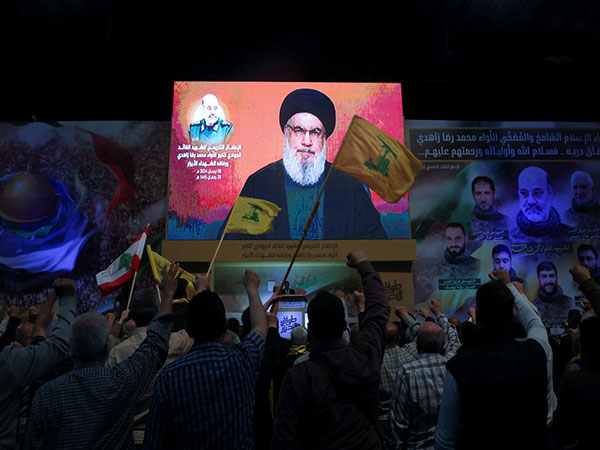After Nasrallah's Killing: Hezbollah's Struggle Against Israeli Infiltration
Following the assassination of Hezbollah leader Sayyed Hassan Nasrallah by Israeli forces, the Shi'ite paramilitary group faces significant challenges in addressing the infiltration within its ranks. The incident has impacted Hezbollah's leadership and military command. The group's stronghold and weapon supplies have been severely affected, raising questions about its future capabilities.

In the wake of Sayyed Hassan Nasrallah's killing, Hezbollah faces immense challenges in addressing the infiltration that allowed Israeli forces to strike its key sites, disrupt communications, and assassinate its leaders. Nasrallah's assassination underscores a significant intelligence failure within Hezbollah, raising questions about its future operations and leadership.
Intel insiders revealed Israel's long-term focus on Hezbollah, claiming the ability to strike Nasrallah at will. The decision was made by Israeli Prime Minister Netanyahu and key ministers while in New York for the U.N. General Assembly. This successful operation has extensive implications for Hezbollah, already shaken by prior attacks and loss of leaders.
Hezbollah's arsenal and supply routes, heavily supported by Iran, have faced persistent Israeli attacks. The group's response and future strategies remain uncertain amid heightened tensions, with significant damage already reported to its missile capacity and command structure. Iran's willingness to supply more arms, without direct confrontation, adds another layer to the complex geopolitical landscape.
(With inputs from agencies.)
ALSO READ
Turkey, Iran and Russia to meet in Doha on Saturday to discuss Syria, Turkish source says
IAEA chief: Iran poised to 'quite dramatically' increase stockpile of near weapons-grade uranium
IAEA chief: Iran poised to 'quite dramatically' increase stockpile of near weapons-grade uranium
UPDATE 9-Syrian rebel advances tear at Assad's control as Iran races to send support
Shifting Sands: The Impact of Syrian Conflict on Hezbollah and Iran










